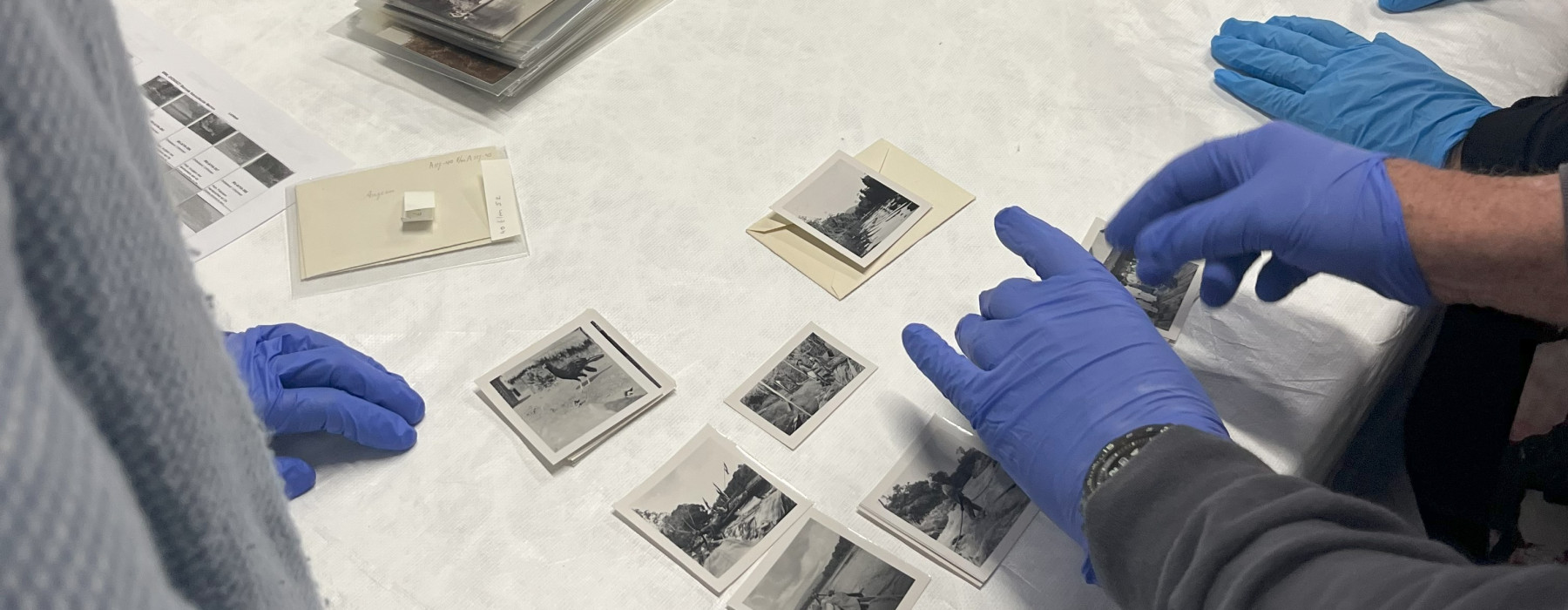
A key part of our practice is to convene conversations with scholars, curators, artists and activists from across the world. We do this in order to engage with perspectives from beyond the Wereldmuseum, and beyond the Netherlands. Being a museum of world cultures means that we frequently work together with people whose lands and cultures have been exploited and erased, people from places that have been colonised, who are grappling with the afterlives of slavery and the countless campaigns to bring about the extinction of Indigenous communities and their practices. Our present moment of increased precarity leads us to reflect seriously on what it means to host those with whom we wish to converse and from whom we wish to learn. In this reflection, we struggled with the impossibility of hospitality, the power dynamics implicit when we ask people to come to an erstwhile colonial power that today lies at the heart of a Europe feverishly closing ranks. For one thing, simply the chore of having to obtain visas means that we are burdening our guests not only with an arduous process, but also to be subjected to the regimes of a hostile border police. With this in mind, we were compelled to ask ourselves whether such invitations are still ethical, and what an ethics of hospitality would look like in a moment of diminishing hope.